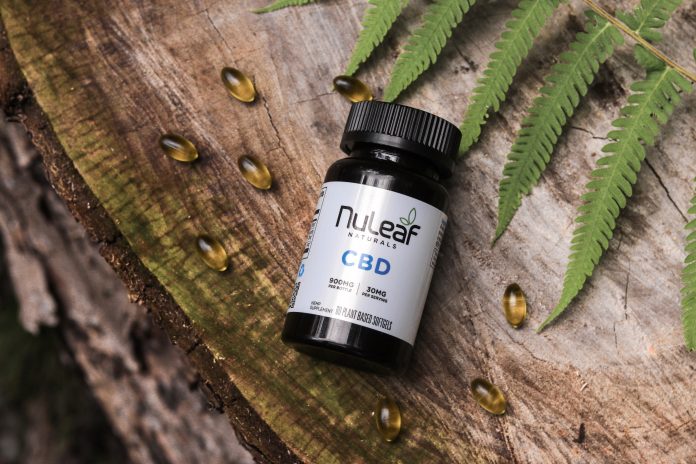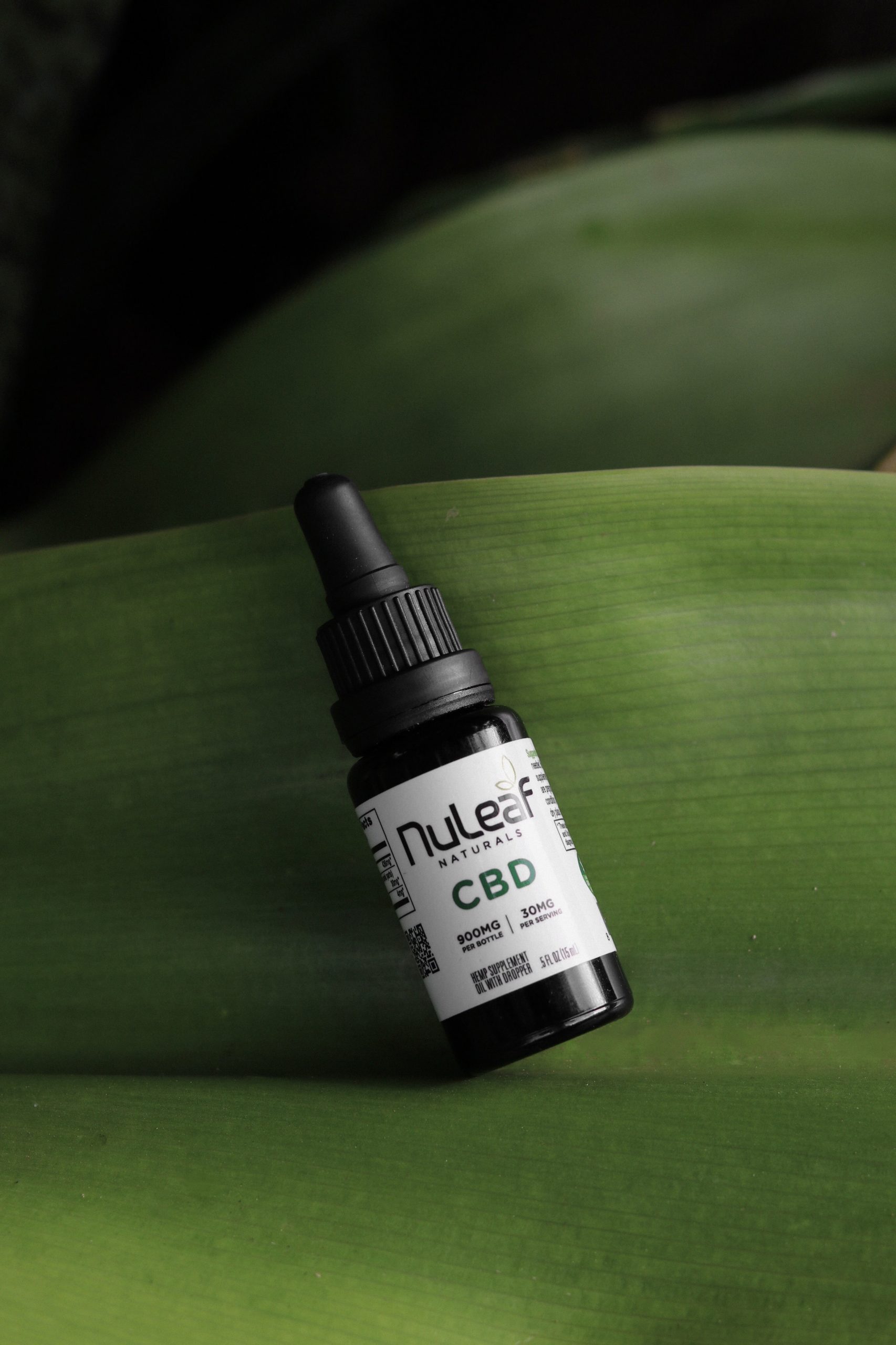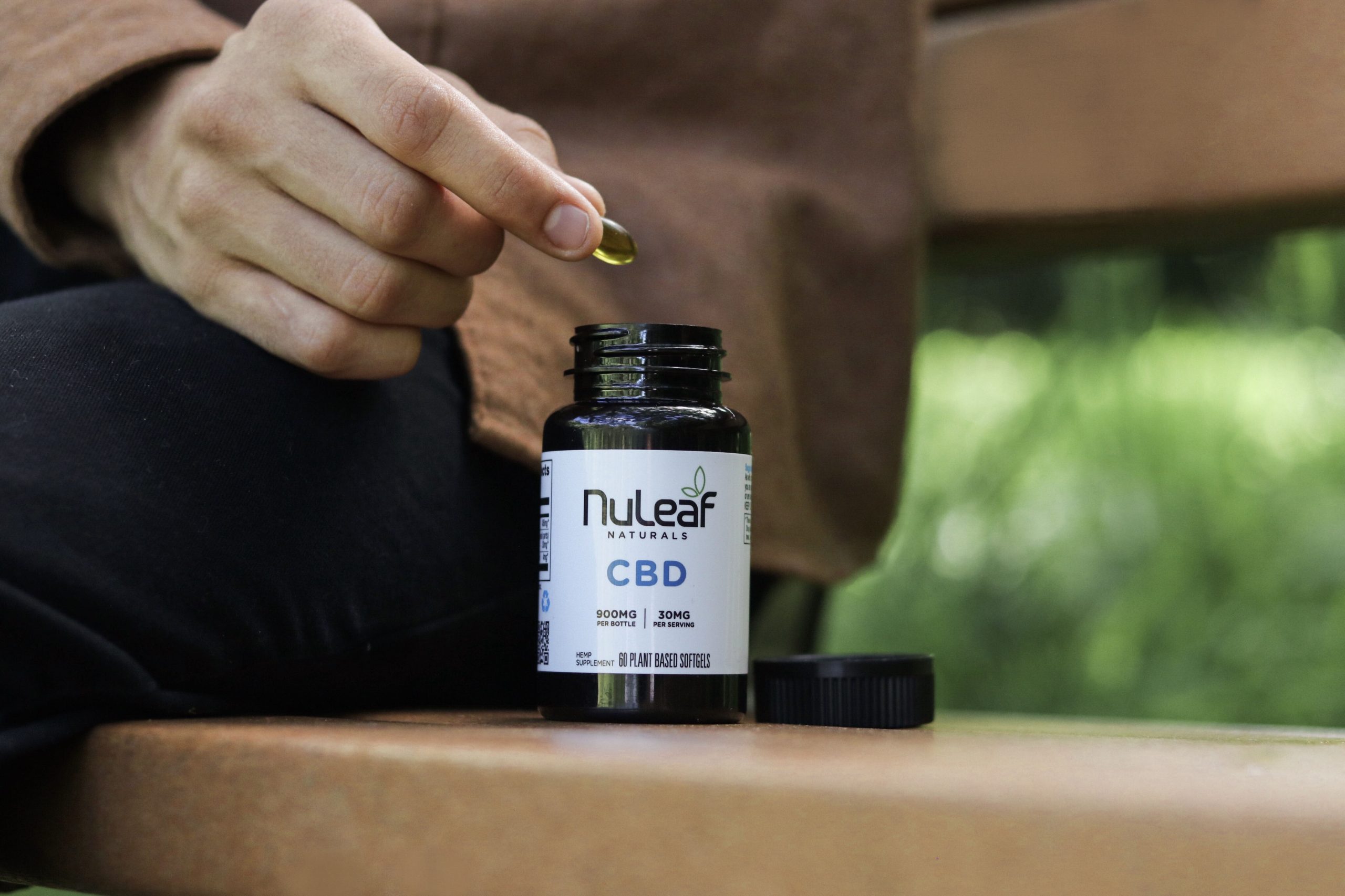Over the last five years, it seems like CBD has come from a fringe product to one of the most talked about substances. It’s become the fascination of celebrities, and is found at grocery stores and boutique online retailers. But what is CBD? And if you decide to take it, should you take CBD pills or CBD capsules, or are tinctures a better way to go?
If you are confused about CBD pills and capsules, you aren’t alone. Here’s everything you need to know about CBD pills and CBD capsules, and how they can fit into your everyday regimen.
What is CBD?
CBD is short for cannabidiol – one of over 100 compounds found in industrial hemp plants. Although it is the most prevalent of cannabinoids, it’s not the only compound that offers potentially beneficial properties. In fact, there are four main cannabinoids that make up the “entourage effect:” a purported boosted effectiveness in your CBD, no matter which form you decide to use it in.
When starting a CBD regimen, most people are looking for potential relief from one of many common ailments. Those who start taking CBD pills or CBD capsules have reported better sleep, less joint pain, and reduced situational anxiety. Before you start taking CBD, be sure to talk to your doctor about why you want to start CBD, and how it may interfere with your current medications.
Although CBD is derived from hemp plants, most CBD products are legal in all 50 states. As a federal and industrial guideline, all organic, full spectrum CBD pills and CBD capsules must contain less than 0.3 THC by dry weight. Because full-spectrum CBD contains so little THC (the psychoactive ingredient in cannabis), it’s impossible to get the “high” feeling often associated with hemp, and won’t create a false positive on a drug screen.
CBD Pills or CBD Capsules – Which Are Better?
Now that you understand what CBD is and how it may be beneficial, the next question you may face is which form to take: CBD pills, or CBD capsules. While both offer a convenient way to take CBD with the rest of your medicines and supplements, they may affect you in two different ways.
CBD capsules contain a pre-filled amount of CBD, suspended in a soluble container. CBD capsules can contain CBD isolate in the form of a fine white powder, or organic-full spectrum CBD in the form of a liquid. Both are easily soluble, and absorb CBD through endocannabinoid receptors in the gut. If you are looking for a potentially quicker uptake of your CBD, you may want to consider CBD capsules.
On the other hand, CBD pills are compounded hard pills which contain cannabidiol. Because they are compressed into a round, solid shape, CBD pills usually only contain CBD isolate. Although CBD isolate may provide some benefit, it may not offer the same boost as organic, full-spectrum CBD oil.
Are CBD Capsules and CBD Oil the Same?
Much like their names suggest, CBD capsules contain a pre-filled amount of CBD oil. The amount of CBD in each capsule will be printed on the front, leaving you with little confusion about how much you are getting with every pill.
But before you buy any CBD capsule or CBD pill, be sure to do your homework. First, check to see if a company is reputable through their reviews. The Better Business Bureau provides independent reviews and ratings on many different CBD producers online. Next, check to see where they source their CBD oil. If they are not producing their CBD in one of several hemp-friendly states, it may not be pure CBD. Finally, be sure to check their independent lab results. ProVerde Labs is one of the most trusted labs in the country – if they don’t have a certificate of purity from ProVerde, you may want to reconsider buying.
When convenience is part of your decision to try full spectrum CBD oil, the best way to go is with CBD pills or CBD capsules. By being an informed consumer, you can find the top products for your needs, and get all the purported benefits of this golden harvest.



























